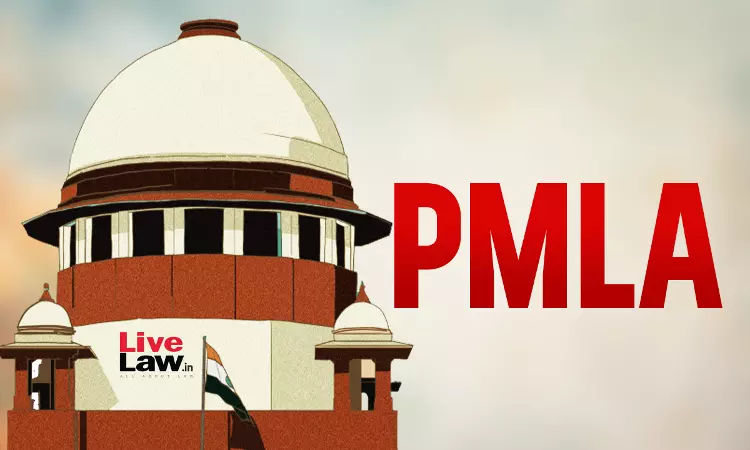ED Cannot Start With Statement Of Co-Accused To Establish Case, It's Not Substantive Evidence: Supreme Court
Gyanvi Khanna
29 Aug 2024 12:25 PM IST

Next Story
29 Aug 2024 12:25 PM IST
While granting bail in a money laundering case, the Supreme Court observed that the Enforcement Directorate cannot start with a statement of a co-accused to implicate the accused.The Court held that an incriminating statement of a co-accused would not amount to substantive evidence. It reasoned that the prosecution could not start with such a statement to establish its...
